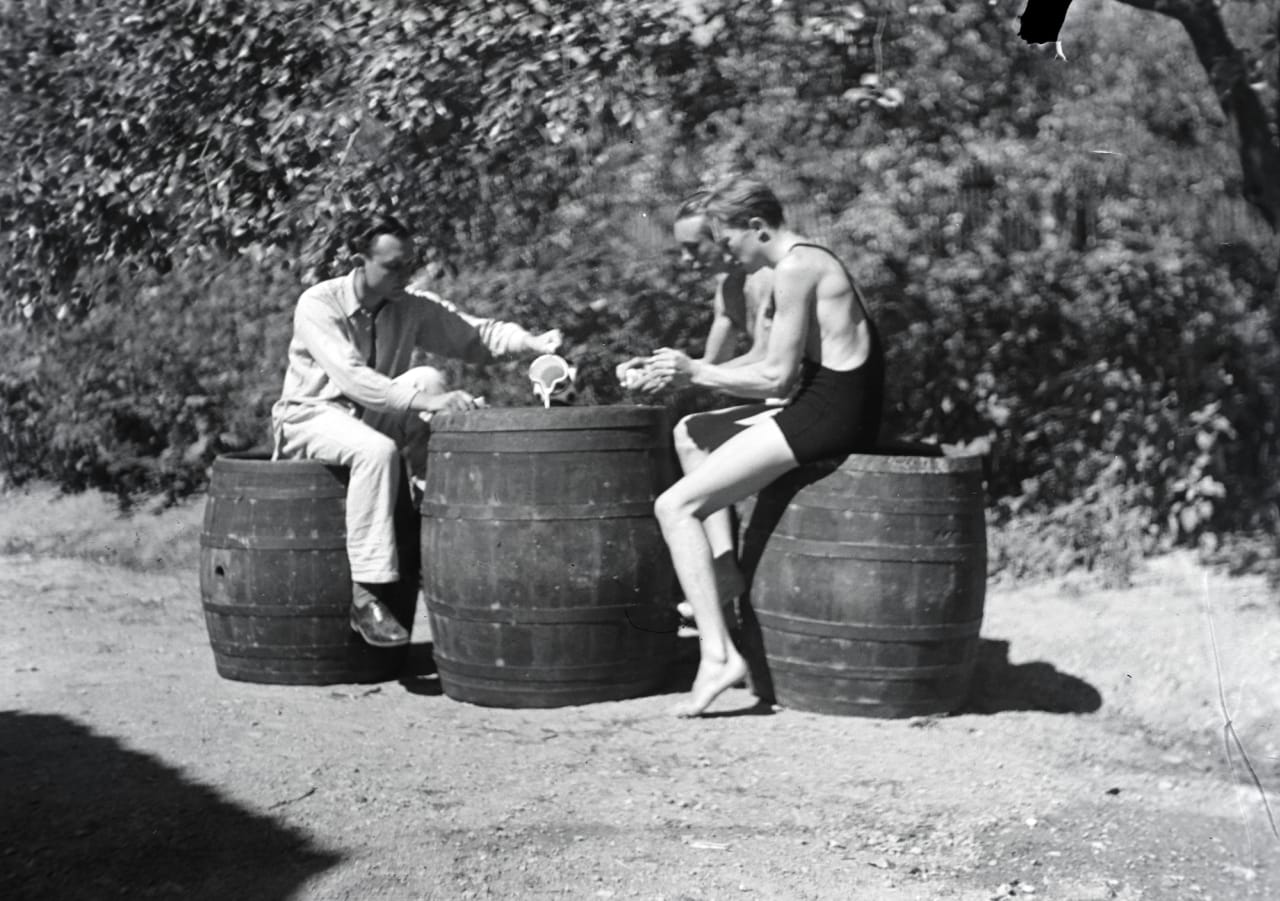Let's take a journey through time, back to 1330, when the first records of Hungary's beloved spirit, pálinka, were made.
Fast forward to 1459 and King Matthias is none too pleased with the peasants using wheat to make "burnt wine" during a famine. By the 19th century, pálinka had become an integral part of Hungarian culture and was even under the control of the church. But don't worry, by 1850 it became a state monopoly, and soon everyone could enjoy this liquid gold. Even Prince Edward of Wales couldn't resist its charm, raving about peach pálinka during his visit to Budapest.
Unfortunately, during the communist era, production was severely threatened, but that didn't stop the rebels from brewing at home. Now, with the fall of communism, pálinka is back and better than ever. It's even protected as a geographical product by the European Union and has its own formalized Pálinka Act. Cheers to that!

Even Prince Edward of Wales couldn't resist the delicious taste of peach pálinka. And after being threatened by communist control and strict regulations, pálinka bounced back to life in the 90s. So if you're looking for a drink that's as Hungarian as goulash and paprika, pálinka is the way to go. Cheers to 700 years of fruit-based fun!




